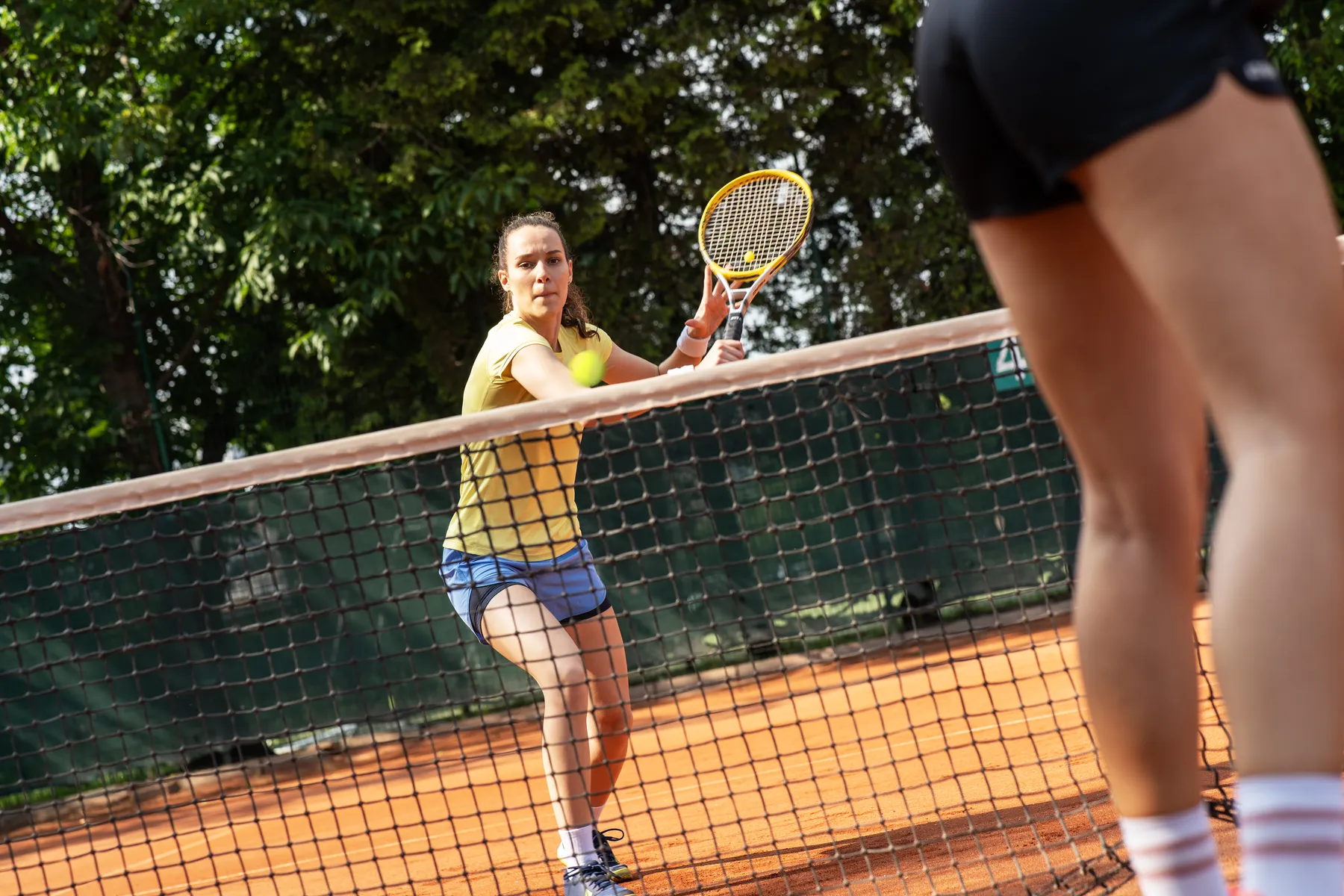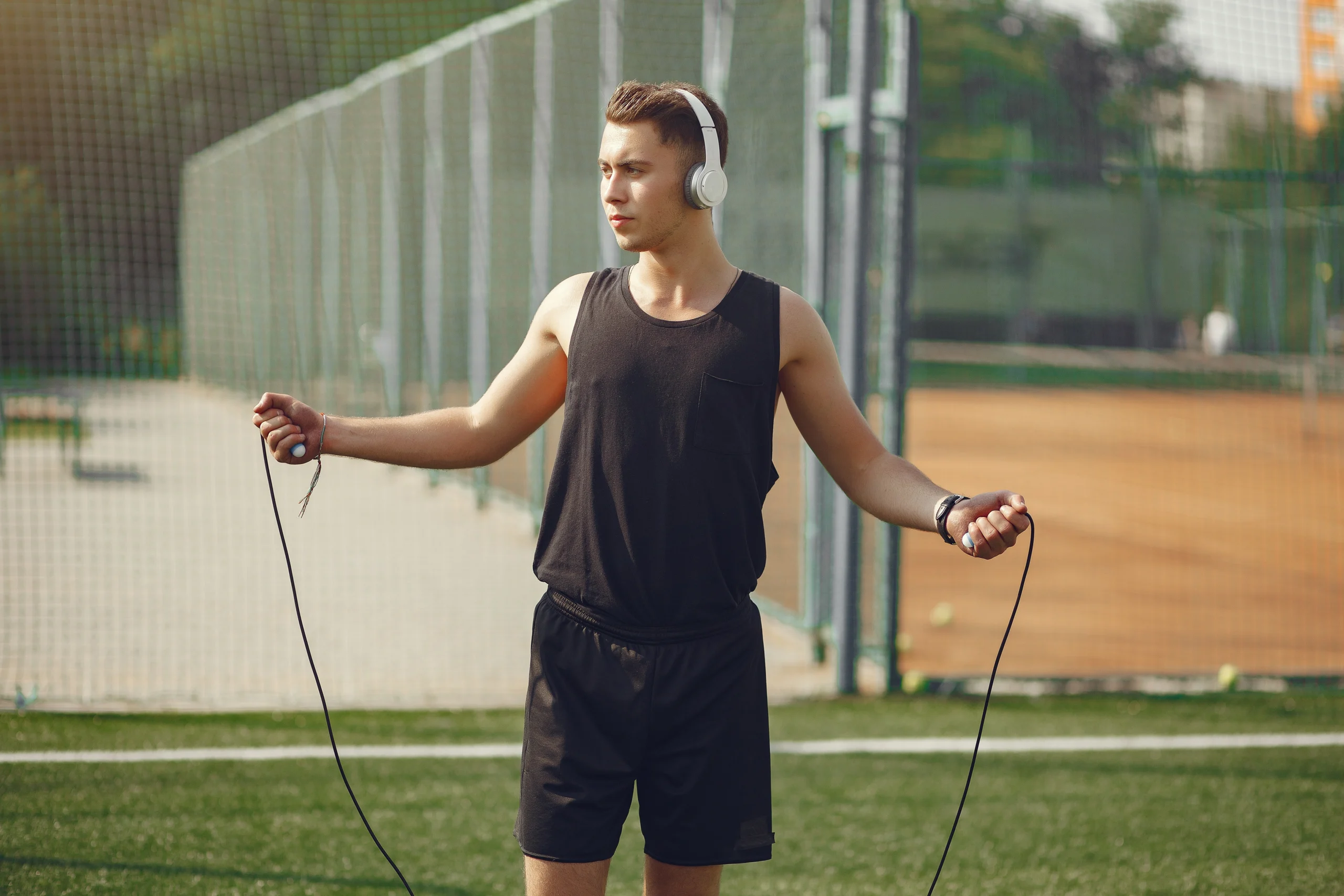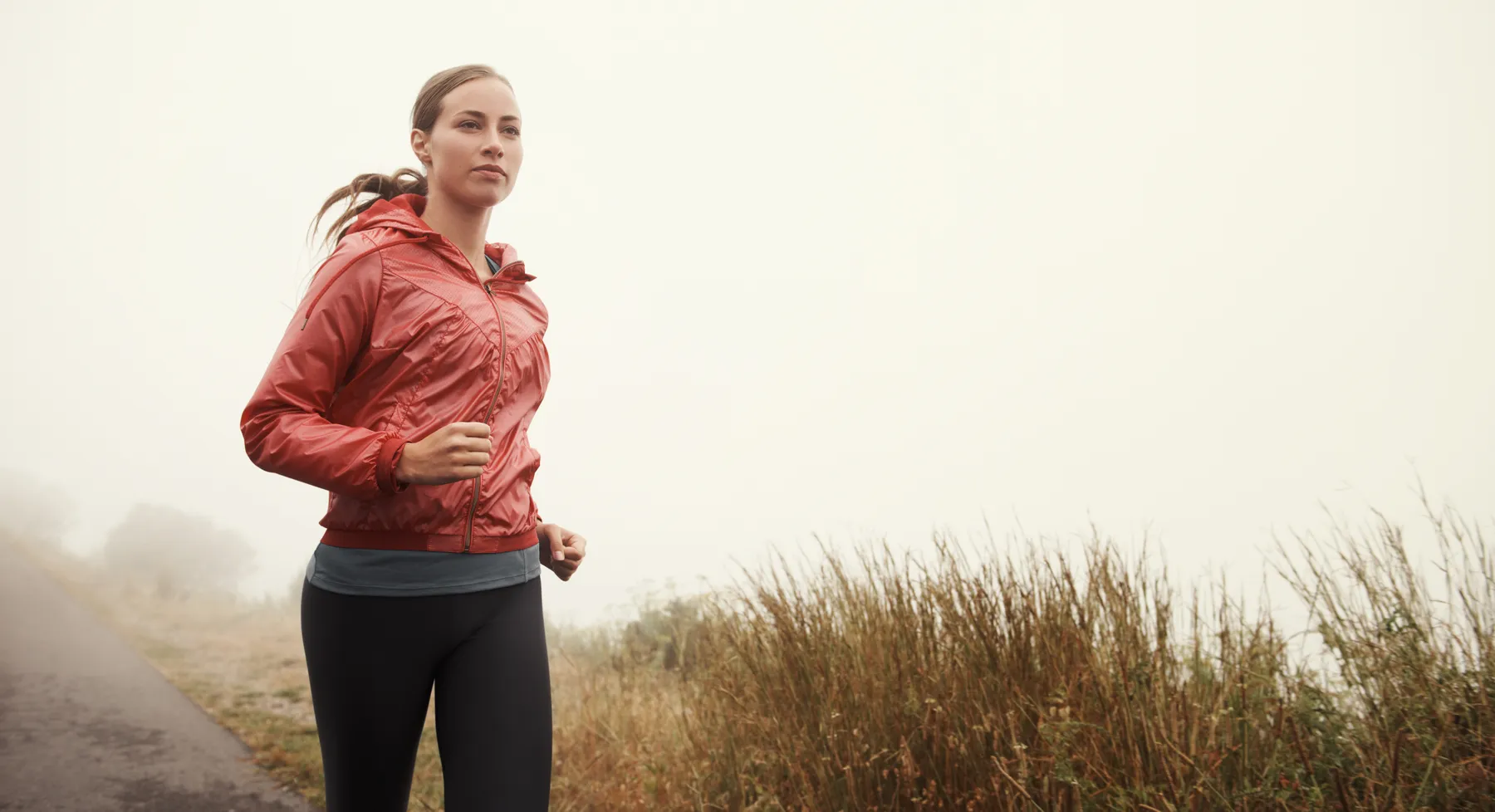Introduction
A significant number of athletes, parents, and sports fans are interested in enhancing their performance and gaining a competitive edge. Having a competitive edge in sports is beneficial to one’s mental health, social skills, and overall well-being. A helpful piece of advice for sports lovers will be provided in this blog post, which will also outline these advantages.
Why Choose Competitive Edge Sports?
The decision to participate in competitive edge sports is about more than simply winning; it’s about pushing the limits of what’s possible and attaining personal bests. The following paragraphs will explain the reasons why athletes should think about taking part in competitive edge sports.
Building Physical Strength and Stamina
Competitive edge sports boost physical strength and endurance. Competition and training build muscle, endurance, and fitness. The sport needs physical fitness, which may enhance health over time.
Varying workouts and drills may help break up routine training. Sprinting, weightlifting, and agility challenge the body. This helps young athletes develop healthy habits.
Competitive sports avoid harm. Strong muscles and flexibility avoid sports injuries, extending playtime.
Enhancing Mental Toughness
Mental toughness is a competitive edge component. Focusing and being calm under duress are crucial for athletes.
Competitive sports teach graceful loss handling. These experiences help build resilience in academics and careers. Athletes learn to create objectives, build tactics, and stay optimistic in tough situations.
Competitive sports training includes mental conditioning. Visualization, meditation, and mindfulness assist athletes mentally toughen up. These routines boost mental wellness and athletic performance.
Promoting Social Interaction and Teamwork
Participation in competitive edge sports fosters social interaction and collaboration. Athletes bond and learn cooperation together.
Team sports emphasize communication, leadership, and teamwork. Individuals’ skills and efforts are acknowledged as athletes work toward a common goal. These skills apply to school and jobs.
Competitive sports enable lasting ties. Sportspeople connect through similar challenges, forming a supportive community.
Developing Discipline and Time Management
Participation in competitive edge sports is a great way to learn discipline and time management. Athletes have to juggle busy lives with tough training plans and other duties like school or work.
Establishing Consistent Routines
To be good at a competitive sport, you have to practice and train regularly. Setting up habits helps players make good use of their time, making sure they meet their training goals while also taking care of other tasks. This practice isn’t just for sports; it also helps people live more ordered and organized lives in general.
Setting and Achieving Goals
Setting goals is an important part of professional sports. Athletes learn how to make action plans, set goals that are both reasonable and difficult and keep track of their progress. Athletes are motivated to keep improving because reaching these goals gives them confidence and a sense of success.
Managing Stress and Pressure
It can be hard to balance the responsibilities of professional sports with other parts of your life. However, players learn how to deal with stress and pressure in healthy ways. Athletes can keep their minds healthy by doing things like deep breathing, positive self-talk, and rest routines.
Improving Cognitive Function and Academic Performance
Cognitive function and school success are two additional advantages of competitive edge sports. Being active has been shown to improve brain function, which can help you focus, remember things, and solve problems better.
Boosting Brain Health
Regular physical exercise brings more blood to the brain, which helps new neurons grow and improves brain health in general. This increase in brain activity is good for thinking skills and helps players concentrate and remember things.
Enhancing Academic Performance
Several studies have found a link between playing sports and doing better in school. Sports teach focus, time management, and making goals, all of which help students learn better and do better in school. In addition, the stress-relieving effects of exercise help kids stay focused and do better in school.
Stimulating Creativity and Innovation
Playing competitive sports helps you think of new ways to solve problems and be creative. During events, athletes often face problems they didn’t expect, which forces them to think quickly and come up with new ways to solve them. Being able to think quickly and flexibly helps people be creative and flexible, which are skills that are useful in both school and the workplace.
Encouraging Healthy Lifestyle Choices
Playing competitive edge sports encourages people to live healthy lives. It’s more likely for athletes to form habits that are good for their mental and physical health.
Nutrition and Hydration
Athletes know how important it is to eat right and stay hydrated in order to perform at their best. They learn to keep their energy up and avoid getting hurt by eating well-balanced meals that are full of important nutrients.
Sleep and Recovery
Getting enough sleep and recovering properly is very important for athletes. Athletes put rest first so their bodies can heal and recover. This lowers the risk of overtraining and stress. This focus on healing spreads to other parts of life, which is good for health and well-being as a whole.
Avoiding Harmful Behaviors
People who are competitive in sports are less likely to do bad things like abuse drugs or not exercise. Because they care about their sport and want to keep performing at their best, they don’t do things that could hurt their health or physical skills.
Building Confidence and Self-Esteem
Sports that give you a competitive edge help you feel better about yourself. When athletes do well, both on and off the field, they feel proud and like they reached a goal.
Overcoming Challenges
Competitive sports present numerous challenges and obstacles. Successfully overcoming these challenges builds resilience and a strong sense of self-worth. Athletes learn to believe in their abilities and trust their training, leading to increased confidence.
Receiving Positive Reinforcement
An important part of building self-esteem is getting praise from teachers, peers, and fans. Athletes feel good about their skills when they are praised for their hard work and dedication.
Celebrating Successes
Celebrating wins, no matter how small, boosts mood and drives people to do better. Recognizing and enjoying big wins, like winning a tournament or setting a new personal best, helps you feel good about yourself and gives you a sense of accomplishment.
Inspiring Lifelong Passion and Commitment
Competitive edge sports frequently spark a lasting love for physical exercise and healthy living. Athletes learn to value the benefits of sports, which motivates them to stay active for the rest of their lives.
Fostering a Love for the Sport
A real love for the sport grows from the fun and thrill of competition. Athletes become really interested in the action they choose and want to keep doing it and get better at it.
Encouraging Long-Term Participation
Playing competitive sports is a good way to get started with long-term physical exercise. As they get older, athletes are more likely to keep working out and being active, which is good for their health and fitness.
Promoting Family and Community Involvement
Families and groups often get together to play competitive sports. Parents, brothers, and friends cheer for and support their players, which builds a strong sense of community and a love for the sport that everyone shares.
Conclusion
Players, parents, and supporters may profit from competitive edge sports. The advantages include physical and mental strength, socializing, and healthy living. Sport may educate life skills, build confidence, and promote lifelong fitness.
Get a competitive edge in sports by joining a local team or club or exercising more. Contact our professional trainers and coaches for customized performance training.





